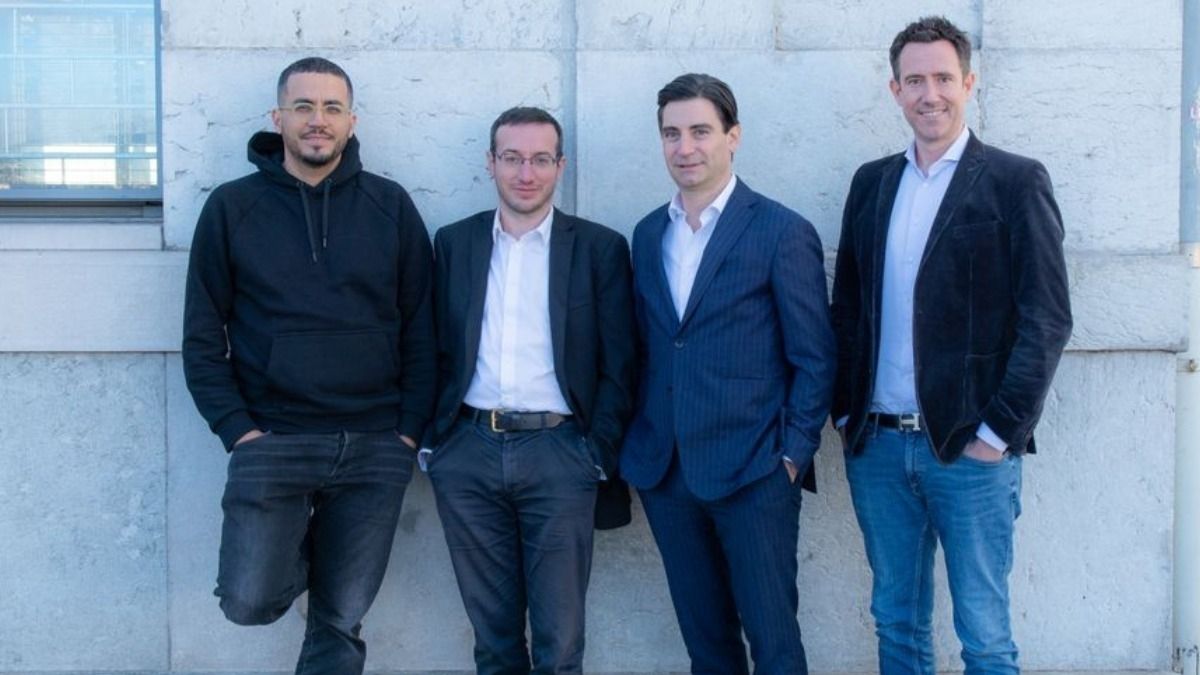ARTICLE AD BOX
Cardano founder Charles Hoskinson has recently commented on Operation Chokepoint 2.0, calling it a global and highly targeted attack on the cryptocurrency industry. He said that the effects have led to long-term financial and psychological damages, and called on the industry to act as one and fight for new laws banning such activities from happening again.
Cardano Founder Stance on Operation Chokepoint 2.0
In a recent X (previously Twitter) post, Cardano founder Charles Hoskinson revealed his concerns about the global implications of Operation Chokepoint 2.0. He said the campaign is a systematic process of harassing, fining, auditing, and denying services to cryptocurrency businesses across the globe. These comments align with pro-crypto lawyer John Deaton’s stance that the Trump administration should investigate Operation Chokepoint 2.0.
The global fallout from Operation Chokepoint 2.0. So many people put their head in the sand for political reasons, saying it's not as bad as the industry was making it out to be.
It is worse and global. So many businesses were harassed, fined, audited, and de-platformed. It has… https://t.co/kKu2qGp8Ae
— Charles Hoskinson (@IOHK_Charles) November 30, 2024
He said that the operation went beyond the United States, which made the banks move to debank cryptocurrency entities out of fear of losing their correspondent relationships with American banks.
Charles Hoskinson also pointed to the implications that this has for companies and people within the cryptocurrency space in terms of economic and emotional pain. He called on the industry to capitalize on the situation in order to lobby for laws against future actions of this kind. “We have a small window of time to get a law passed,” he wrote, stressing the urgency of collaborative action.
Industry Leaders Speak Out on Debanking Crisis
The remarks by the Cardano founder Charles Hoskinson echoes the sentiments of many in the industry as they criticize Operation Chokepoint 2.0. An entrepreneur from Barbados – Gabriel Abed told his story about how First Citizens Caribbean Bank closed his account after he received a deposit from Kraken related to Bitcoin.
He said that the bank closed his account because the bank had concerns over the U.S. correspondent relationships while he had been banking with them for ten years.
Faryar Shirzad from Coinbase, Chief Policy Officer, provided similar examples of other players in the field, citing the research by Nic Carter. Shirzad has urged the need to enhance the public disclosure and the rule of law to the actions of such government agencies. He also stressed the importance of supervising the banks in order not to let such politically motivated campaigns happen again.
Ripple CTO and Others Condemn Indirect Regulation
Ripple’s Chief Technology Officer David Schwartz also joined the discussion to describe debanking as a form of indirect regulation. According to Schwartz, those actions violate basic legal concepts such as due process, freedom of speech, and prohibitions against unlawful searches.
“It is easier to force banks to stop doing business with undesirable clients than to make this business unlawful,” he said, calling on the government to use legal and transparent means to address the matter.
Many prominent tech individuals have also reported cases of debanking. Frax Finance founder Sam Kazemian was debanked by JPMorgan Chase in late 2022, while Coinbase CEO Brian Armstrong has made FOIA requests to discover the extent of government involvement. Armstrong called the campaign “unethical” and claimed that top-tier personalities like Senator Elizabeth Warren and SEC Chairman Gary Gensler were instrumental in the effort
Kelvin Munene Murithi
Kelvin is a distinguished writer with expertise in crypto and finance, holding a Bachelor's degree in Actuarial Science. Known for his incisive analysis and insightful content, he possesses a strong command of English and excels in conducting thorough research and delivering timely cryptocurrency market updates.
Disclaimer: The presented content may include the personal opinion of the author and is subject to market condition. Do your market research before investing in cryptocurrencies. The author or the publication does not hold any responsibility for your personal financial loss.
 1 month ago
64994
1 month ago
64994









 English (US) ·
English (US) ·